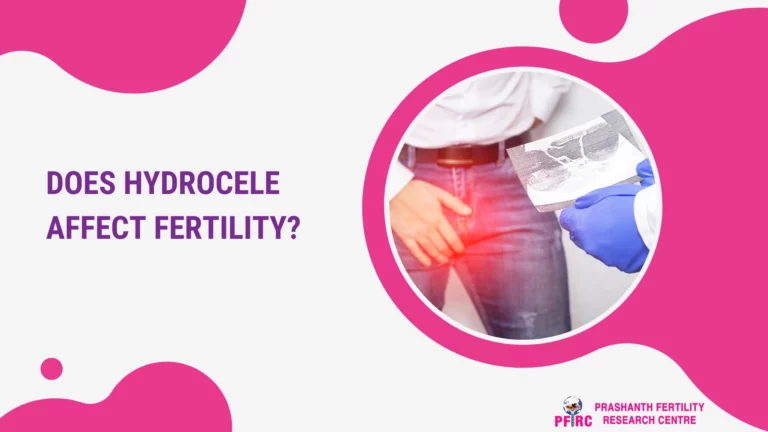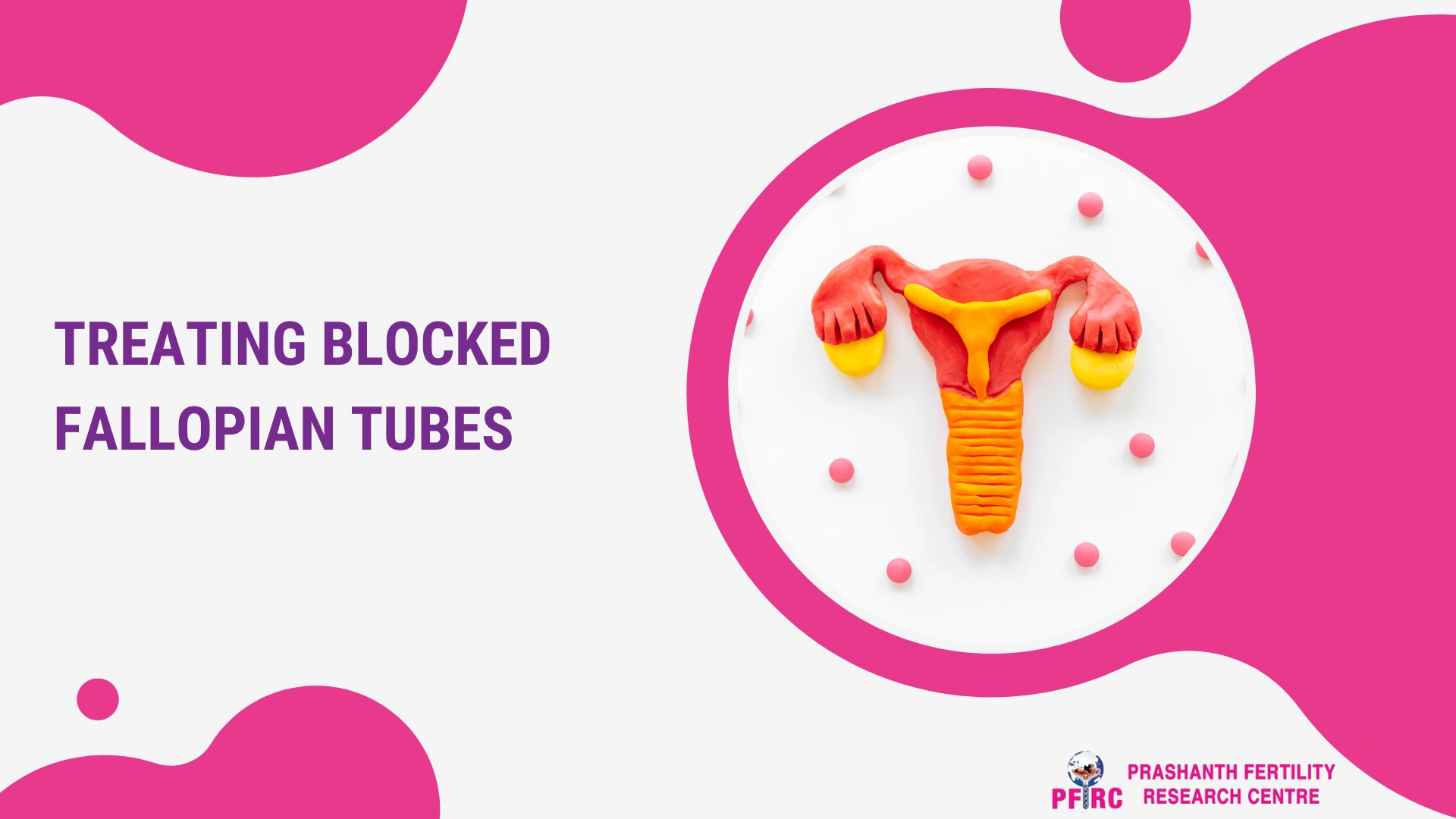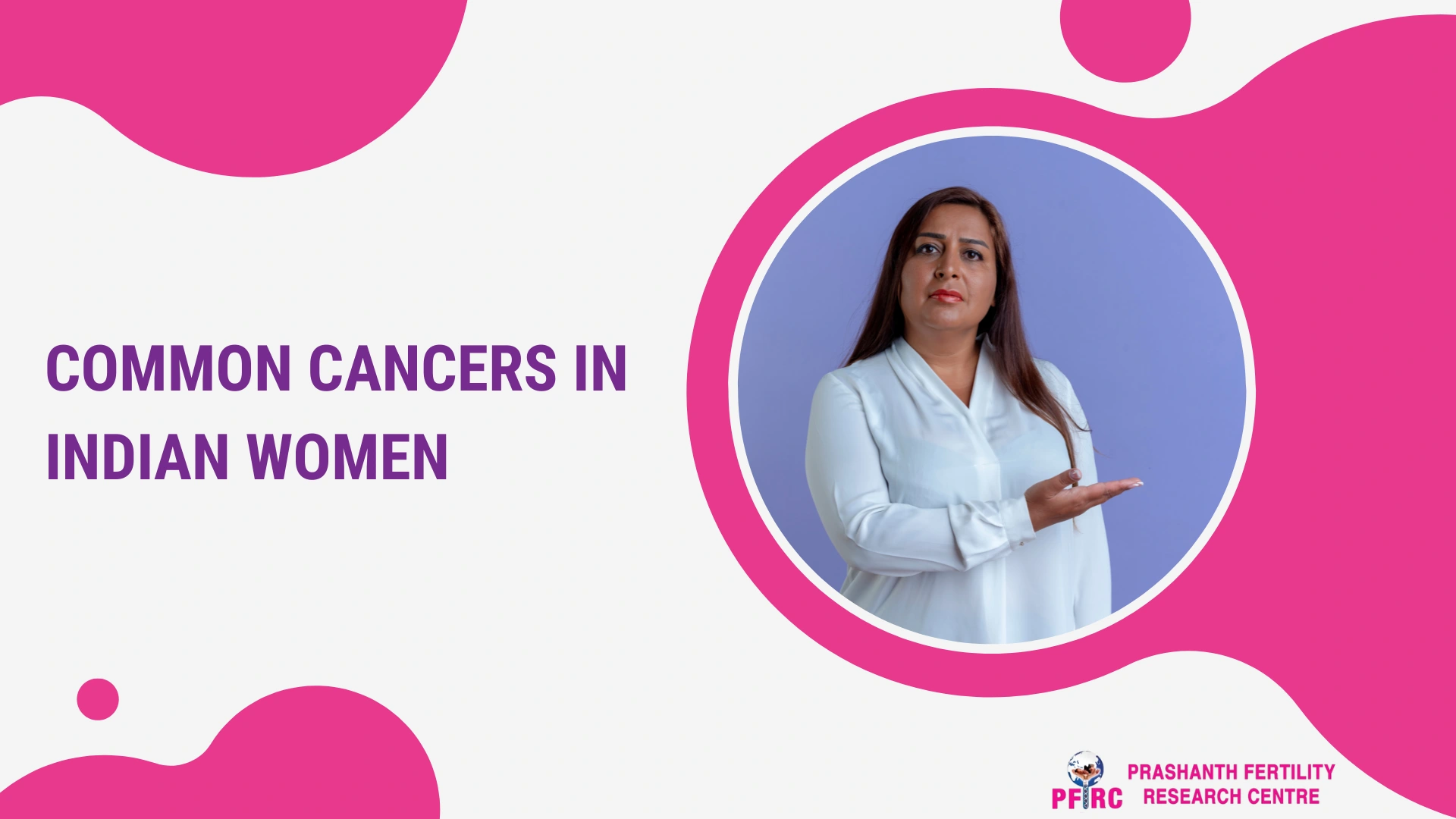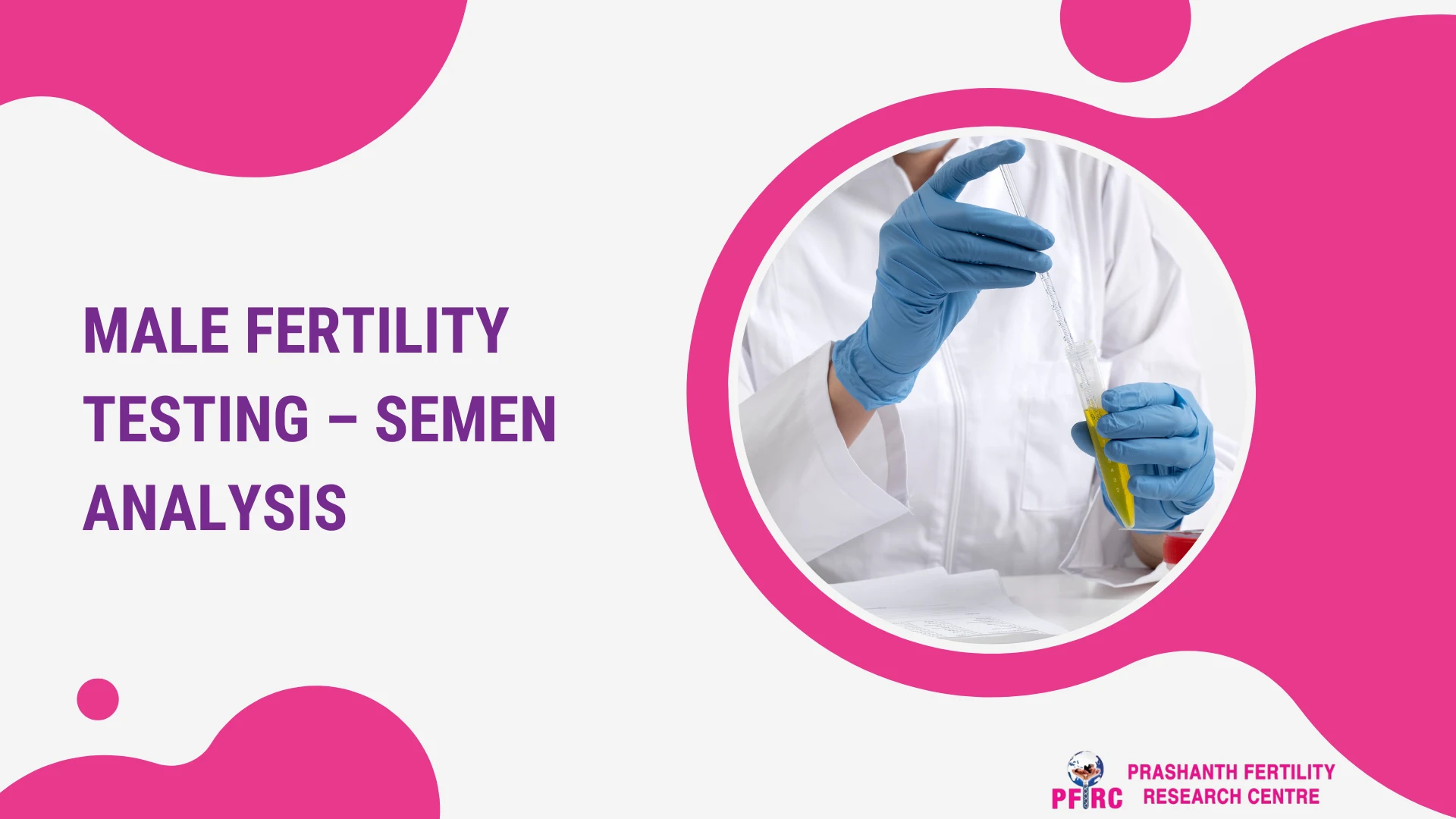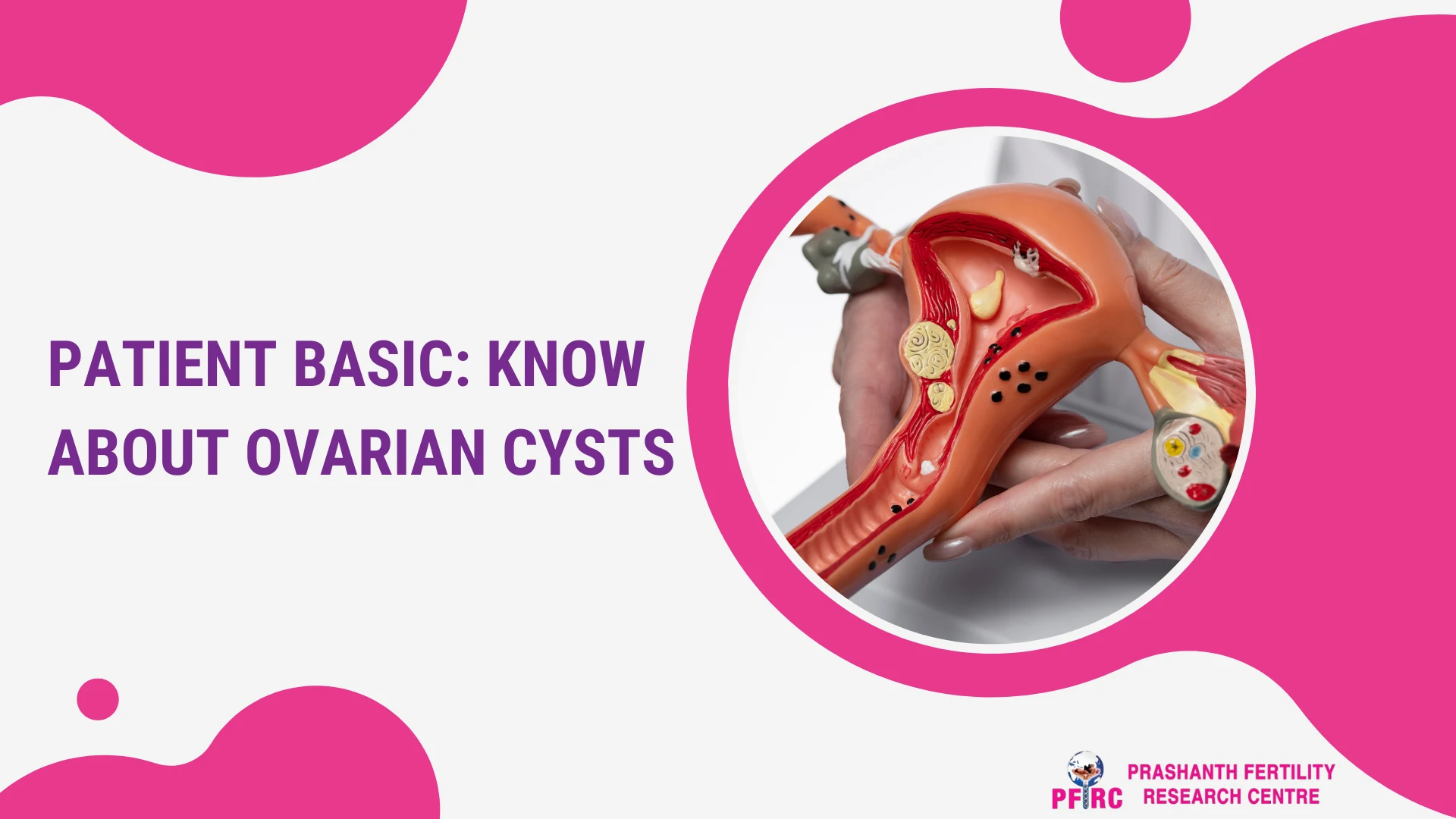Hydrocele is one of the ailments that affects the male reproductive system. It is most prominent in babies under one year of age and may sometimes occur in older men.
Hydrocele is one of the conditions that men fear might affect their fertility. So, does hydroceles affect male fertility? Keep reading this article to learn all about hydroceles and whether they affect male fertility.
What is a Hydrocele?
A hydrocele is a swelling in the scrotum caused by fluid accumulation in the sac around the testes. The testis is normally surrounded by a lubricating fluid that enables it to move freely in the scrotum. Any excess fluids are drained away through the veins.
Hydrocele happens when excess fluid does not drain and accumulates in the sac. It may appear on either or both testicles. Studies show that the chances of hydrocele are 80% in infants and 20% in adult men.
Hydroceles are not always harmful but might cause some pain and discomfort. There are two types of hydrocele based on how it is acquired.
1. Congenital hydrocele
As the name suggests, congenital hydrocele is present in male babies and usually disappears before they turn one. It happens when abdominal fluid enters the scrotum through the opening between them.
2. Acquired hydrocele
Again, as the name suggests, acquired hydrocele is caused by an injury, inflammation, or infection you acquired in the testicles or epididymis.
How Does Hydrocele Affect Male Fertility
Hydroceles are mostly harmless and can be treated with some minor procedures. Hydroceles don’t affect fertility directly, but the underlying conditions can impact fertility to a certain level. Here is how it can affect fertility in men.
1. It increases the testicular temperature
The testis must be at optimum temperature to produce healthy, mature sperm (spermatogenesis). The fluid accumulation caused by a hydrocele can increase the scrotal temperature and affect the process, causing fertility issues.
2. Its causes can affect fertility
This occurs most in men who have acquired hydrocele. The cause of the hydrocele, like injury, inflammation, or infection, can sometimes affect fertility.
3. It exerts pressure on the scrotum
A large hydrocele can weigh on the testicles and put pressure on them, interfering with sperm production. This should be treated immediately as it can eventually lead to atrophy or testicular shrinkage.
4. It can cause stress and anxiety
Having a swollen scrotum can cause stress and anxiety in men. This can, in turn, affect their sex drive and cause temporary erectile dysfunction.
Symptoms of hydrocele
Below are some symptoms of hydrocele you can look out for.
- You can see a swelling in the scrotum, making it feel heavy.
- One side of the scrotum may appear larger than the other (if the hydrocele is only on one side).
- Hydroceles are not very painful. You might feel a little discomfort with mild pain.
- If the hydrocele is caused by infections, you might feel some warmth and redness in the area.
- In some cases, the hydroceles may appear smaller in the morning and grow larger as the day goes by.
Diagnosis of Hydrocele
Here are some methods doctors can use to diagnose a hydrocele.
1. Transillumination
This method is done by shining light on the scrotum. If a hydrocele is present, the light will pass through the fluid and appear lit.
2. Calculating the scrotal mass
The hydrocele is a fluid lump in the scrotum and will have some mass. The doctor can measure the testicular mass to diagnose hydrocele.
3. Ultrasound imaging
Patients can also undergo ultrasound scans to identify swelling in the scrotum.
Treatment Options for Hydrocele
Hydrocele is often not a major issue and can be treated with some minor treatment methods. Below are some treatments men can undergo based on the intensity and size of the hydrocele.
1. Needle aspiration
A needle is injected into the scrotum to suck the fluid from them. It is not a scary procedure and involves medication to prevent it from reappearing.
2. Medications
Patients will be prescribed medications if the hydrocele is caused due to infections.
3. Surgery
A small incision is made on the scrotum, and the fluid is drained using a tube. The incision is then stitched up, and follow-ups are conducted to prevent the hydrocele from reappearing.
Conclusion
Having a hydrocele can be concerning for some people. However, it is usually a minor issue and can be treated with medication and other minor treatment procedures.
Though hydroceles don’t directly affect a man’s fertility, they might indirectly affect it. So, it is best to consult a fertility doctor and treat it in its early stages.
FAQs
Yes, hydrocele can affect sperm by affecting spermatogenesis. This is mainly caused when the fluid buildup increases the scrotal temperature. This leads to a decrease in sperm count, quality, and motility.
Yes, hydrocele can sometimes affect testosterone production in the body. Most times, hydroceles do not harm fertility. However, the underlying effects can sometimes cause erectile dysfunction, infertility, and low testosterone levels.
Though hydroceles are usually not that harmful, they can cause some problems like swelling, discomfort, inflammation, infection, tumors, and in some cases, erectile dysfunction and infertility.

